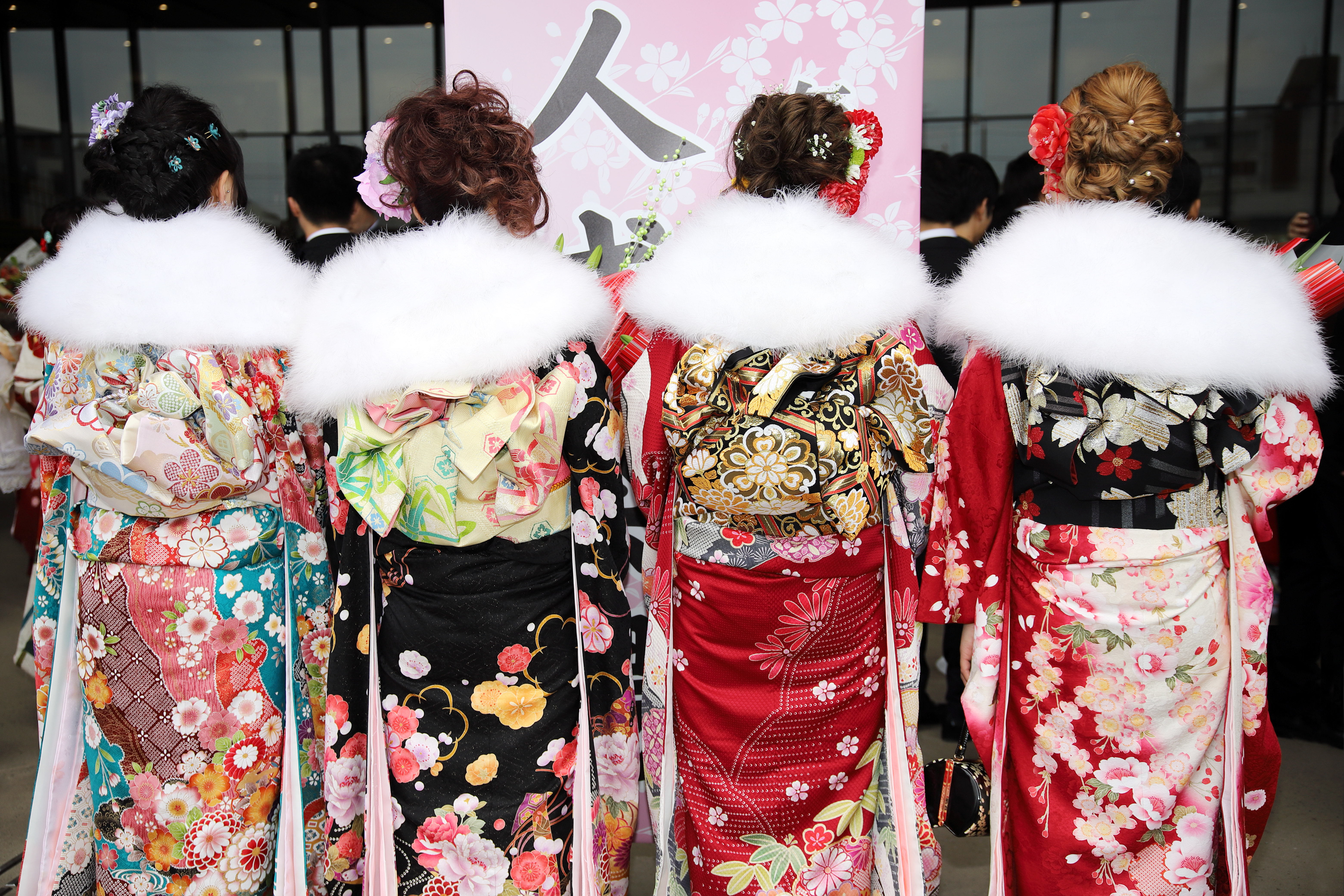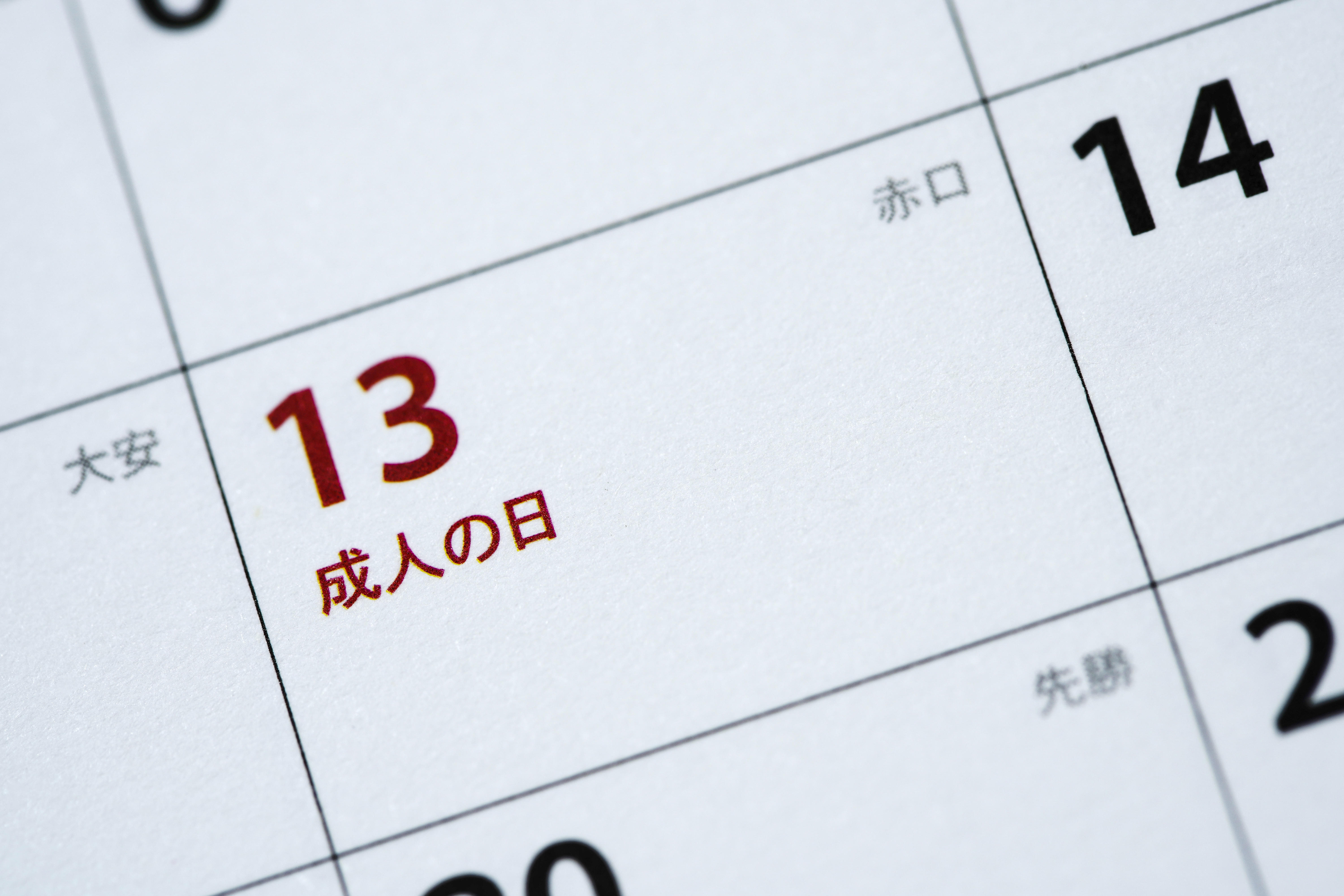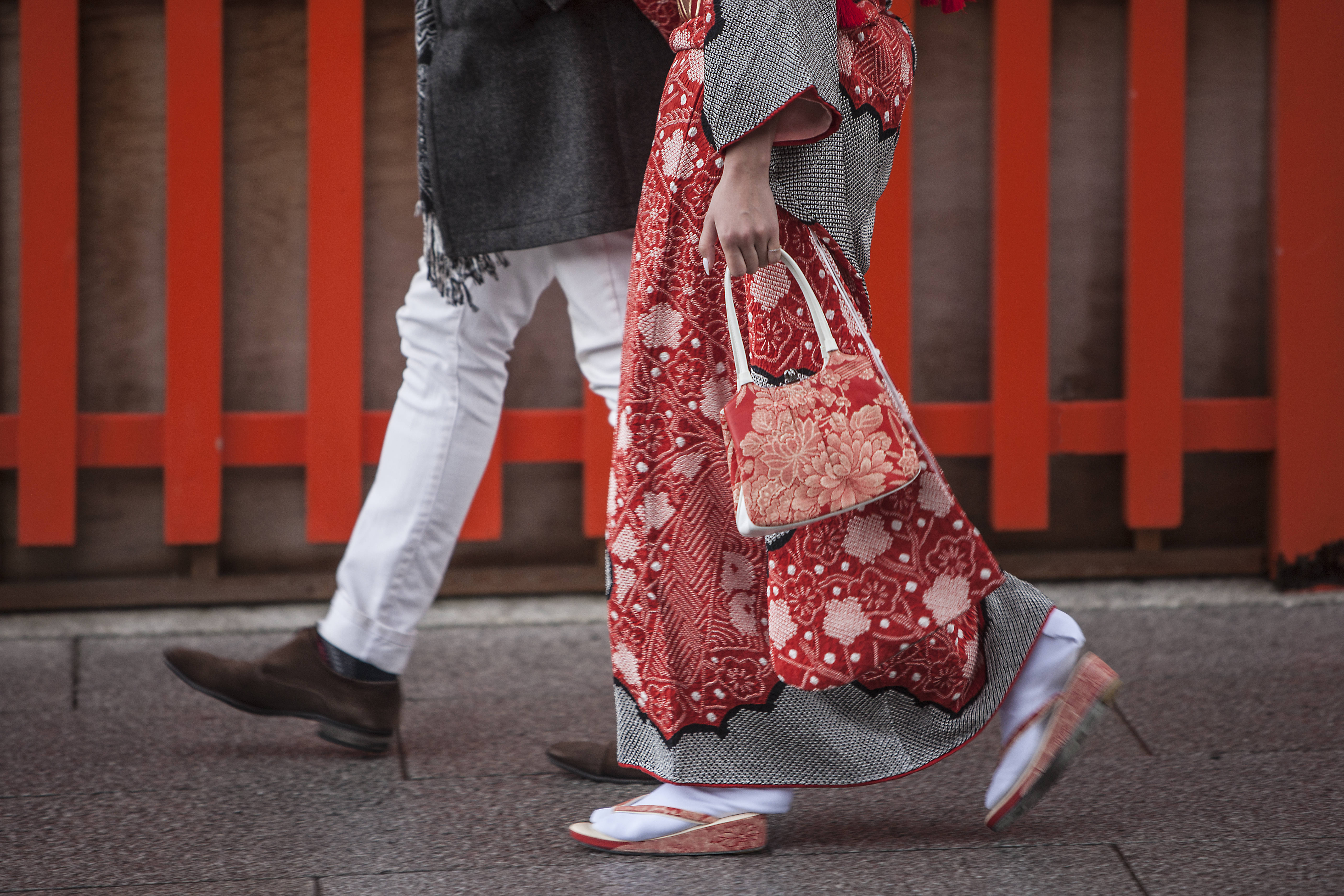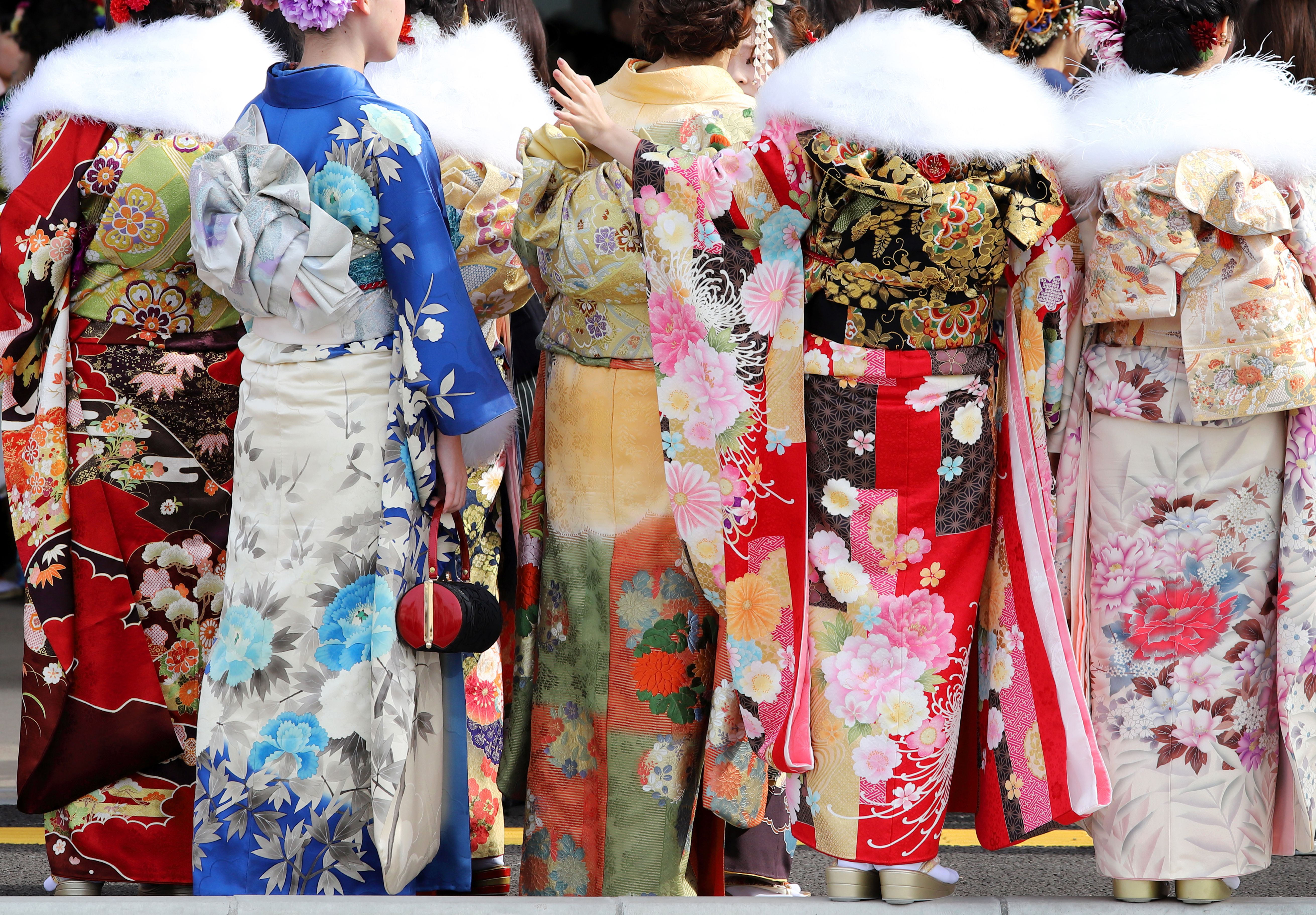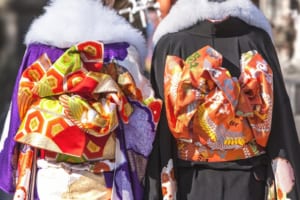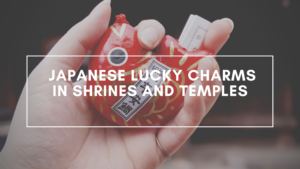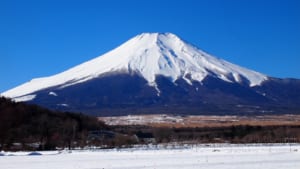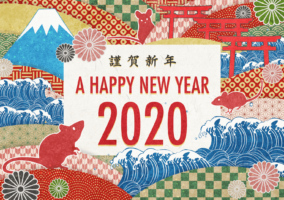Seijin no Hi : the Celebration of Coming of Age in Japan
How young Japanese celebrate their arrival to adulthood
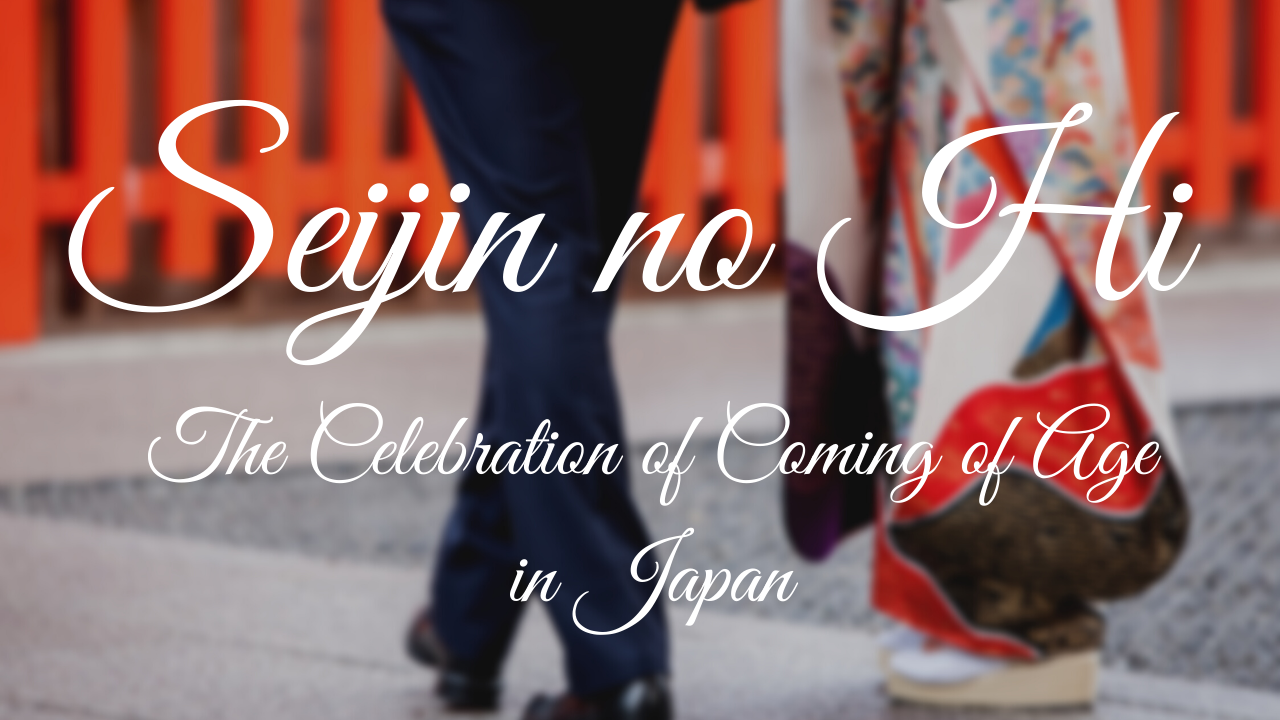
In addition to vacations and snow, other thing that announces the arrival of the new year in Japan is to see thousands of young Japanese wear their best clothes to celebrate their special day since in Japan, January is the month of Seijin no Hi (成人の日) or day of coming of age.
Seijin no Hi or “Adult Day” is celebrated the second Monday in January. It’s the day when those who have reached or will turn 20 this year celebrate their coming of age. In Japan when you turn 20 years old you become a legal adult. The Japanese year it’s from April to March, so it’s for those who turned or will be 20 years old between April 2 of the previous year and April 1 of the current year.
Some people say that this tradition began in the year 714, when the prince put on new clothes and changed his hairstyle as a symbol that he had passed into adulthood. I haven’t found sources to affirm this theory, but what is certain is that during the Nara period (710-794) there was a celebration called genpuku, a ceremony in which children, mostly sons of aristocrats or samurai, changed their status to adults (the age for genpuku varied between 10 and 20 years old). An important part of this ceremony consisted of a change in clothing and hairstyle and sometimes the name was changed to a more adult one.
However, it was not until 1948 that a specific day was set on the calendar to celebrate the coming of age and became a national holiday. The day chosen was January 15, and it was until 1999. In 2000 the government of Shinzo Abe decided to implement what is known as “Happy Monday”, a law that intended for the Japanese to have more vacations (some national holidays are moved into Monday to have a three-day bridge). Thus, Seijin no Hi passed from a fixed day to the second Monday of January.
The local government organizes a ceremony for these young people who are coming of age called Seijin Shiki (Ceremony of adulthood), where the mayor of the city (or the mayor of the district, in cases of large cities like Tokyo) makes a speech where they usually explain the new responsibilities that they will have from now on as adults of society. Some local governments also give them a small gift.
These celebrations are held all over Japan, but one of the most popular is which is celebrated in Urayasu, in Chiba. Those who reside in Urayasu can held their coming celebration at Tokyo Disneyland! Becoming the envy of many young Japanese.
How could it be otherwise, the new adults put on their best clothes for this important day for them. Especially the girls, who usually wear a beautiful long-sleeved kimono called furisode. And as it’s very cold in January, they also put on a matching scarf. They also collect their hair in elaborate hairstyles and work their makeup a lot. On the other hand the boys usually opt for the classic suit and tie, although there’re also those who opt for a male kimono, the hakama. Then there are others who prefer to spend this day in a more … different way, and funny images are often found on social networks of young people dressed and hairstyles as if it were thugs of the 90s.
After the official celebration, many often go to a temple or shrine to take pictures with family and friends. So if you are in Japan for that day, a picture that is seen throughout the country is that of young people in kimono or suit taking pictures in temples and shrines. And as usually happens in this type of parties, to end the day the young people continue the celebration with their friends, going to drink (taking advantage that they already have the legal age to do so) or to some restaurant.
What do you think about this celebration? Celebrating the transition from childhood to adulthood isn’t something exclusive to Japan, and there’re very interesting traditions in different countries around the world. Some of these traditions have already been lost because they don’t fit with these days and are outdated, but others are still kept or adapted. Is there any special tradition in your country to celebrate coming of age?! 🙂
If you liked this article and want to know more about Japanese culture, don’t miss these articles too!
▽ Related Articles ▽
▼Editor’s Picks▼
Written by
From Barcelona to Tokyo. Coffee & Adventure lover.
I started to like Japan because of the anime, music and dramas, but after my first trip to the country I found what I love the most: traveling around, the culture and history. I have travelled a lot in Japan, but I still have many places to discover that I want to share with you. Let’s discover Japan together!
Also, as a foreigner living in Japan for over 6 years I understand what kind of things are difficult when you move here and I want to help other people in the same situation that I have in the past.





